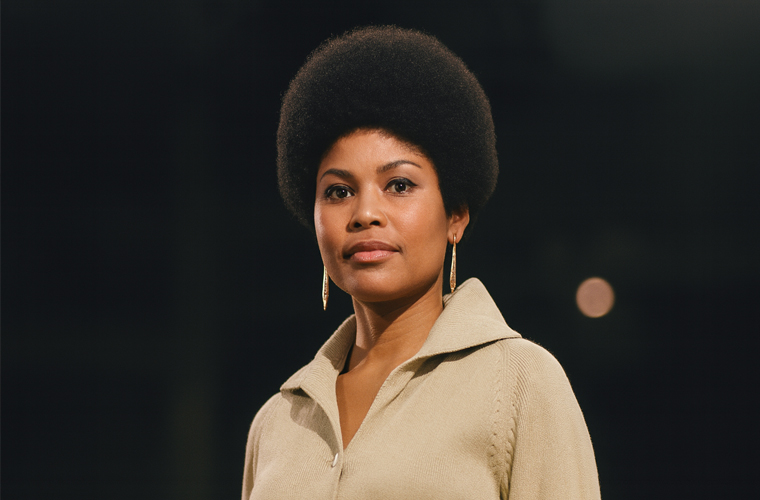Abbey Lincoln, born Anna Marie Wooldridge on August 6, 1930, in Chicago, Illinois, was a pioneering American jazz vocalist, songwriter, composer, and actress whose career spanned over six decades. Raised on a farm in rural Calvin Center, Michigan, as the tenth of twelve children in a musical family, Lincoln developed an early passion for performance, singing in church and school choirs while still in high school. Her influences included Billie Holiday and gospel traditions, which would later infuse her work with raw emotion and social commentary.
In 1951, at age 21, Lincoln moved to the West Coast, initially performing under stage names like Gaby Lee and Anna Marie before adopting “Abbey Lincoln,” inspired by Abraham Lincoln’s legacy of emancipation. She gained early nightclub experience in Los Angeles, blending pop standards with jazz. Still, her true breakthrough came in 1957 with the album That’s Him!, arranged by Benny Carter, which showcased her sophisticated phrasing and interpretive depth. That same year, she met drummer Max Roach, collaborating on the landmark civil rights album We Insist! Max Roach’s Freedom Now Suite (1960), where her powerful vocals on tracks like “Tears for Johannesburg” protested apartheid and racial injustice. The couple married in 1962 and divorced in 1970, but their partnership produced enduring musical and activist synergies.












Lincoln’s activism extended beyond music; she became a vocal figure in the civil rights movement, famously transitioning from straightened hair to a natural Afro in the 1960s as a symbol of Black pride and self-acceptance. Her songwriting often addressed themes of Black identity, love, and resistance, as heard in compositions like “Painted Lady” and “When a Woman Loves a Man.” In film, she delivered a groundbreaking performance as a resilient Black woman in the independent drama Nothing But a Man (1964), opposite Ivan Dixon, earning praise for her authentic portrayal of racial and gender dynamics.
Throughout the 1970s and beyond, Lincoln continued to record prolifically, releasing acclaimed albums such as Straight Ahead (1961), People in Me (1973), and You Gotta Pay the Band (1991), the latter earning a Grammy nomination. She received the National Endowment for the Arts Jazz Masters Award in 2002, recognizing her as one of the genre’s most innovative voices. Lincoln passed away on August 14, 2010, in New York City at age 80, leaving a legacy as “jazz’s golden lady”—a fierce artist who used her voice to challenge oppression and celebrate humanity.

